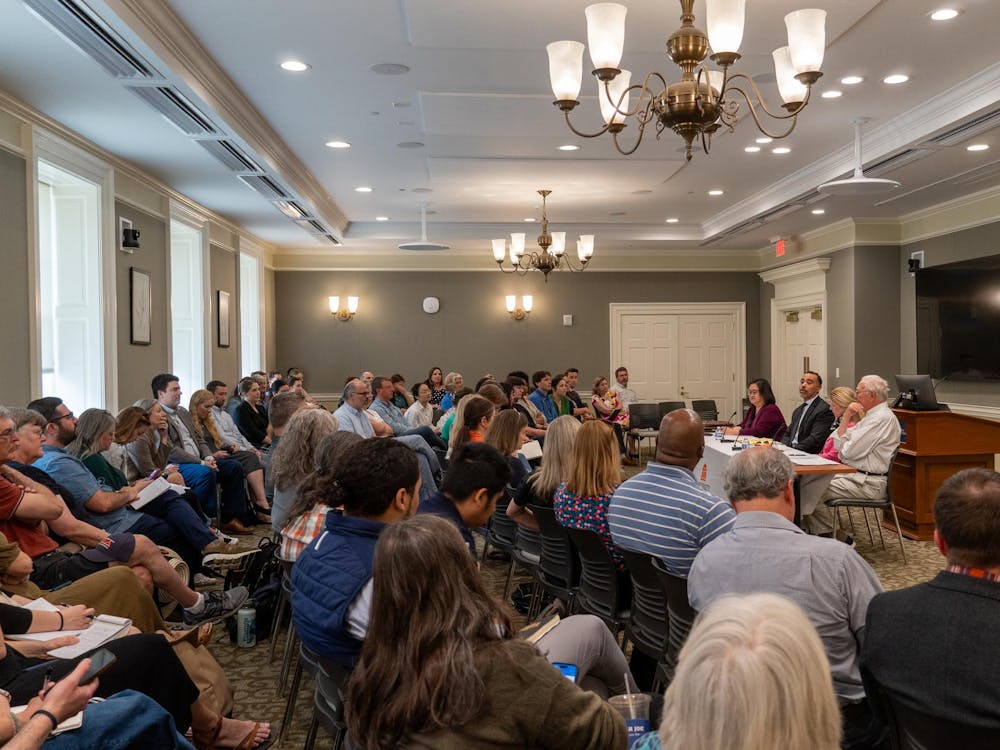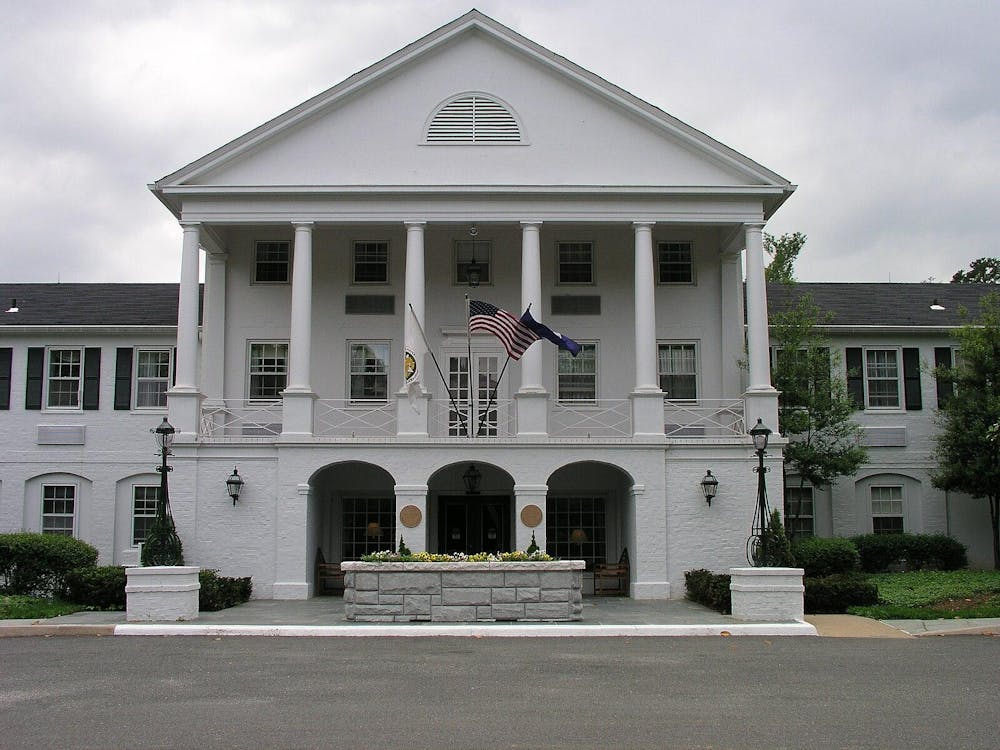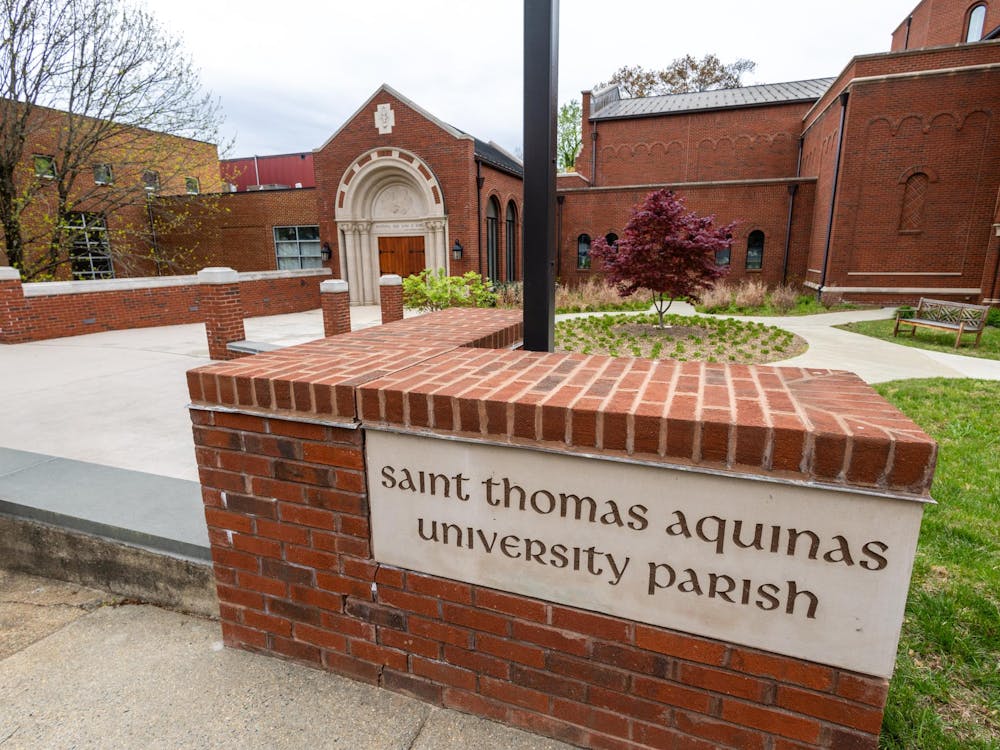The Honor Committee addressed new budget constraints and expanded outreach programs for students at its meeting last night, in addition to hearing criticism about its decision last semester not to recreate a single sanction ad hoc committee.
Following Gov. Tim Kaine's recent request for universities, including the University of Virginia, to cut their budgets this fall, the Honor Committee is preparing for a five-percent budget cut, which, according to Cooper, will affect the committee's planning.
Though the Committee's budget will shrink, efforts to reach out to first-year students are continuing to expand as the Committee and the University Judiciary Committee work to improve their dorm liaison program, which is intended to explain the purpose of Honor and UJC to students, Vice Chair for Education Allie Moore said.
An open committee meeting will also be held for first-year students, said Josh Hess, vice chair for community relations, adding that the meeting will be informal and serve to replicate a normal Committee meeting.
Another joint effort between UJC and the Committee is the creation of a UJC and Honor study hall. The study hall, which is being cosponsored by some University groups representing minority students, intends to help students prepare for the Honor and UJC recruitment tests, Vice Chair for Investigations Linda Liu said.
Although the study hall is open to anyone, it is geared mainly toward minority students who may not be confident about trying out for the committees, Liu said.
The Committee also heard from fourth-year Architecture student Patrick Lee, who echoed concerns he had expressed last semester about the Committee's decision not to recreate the single sanction ad hoc committee. The ad hoc committee was originally formed after students passed a referendum in 2005 calling for the Committee to explore alternatives to the single sanction.
"I understand the Honor Committee has started a new committee on procedures," Lee said. "Though this will produce valuable new changes to the operations of the Honor Committee, this is not the proper forum for real tangible discussion and change to the single sanction."
Lee cited figures from last spring's referendum on the single sanction, as well as data from a 2005 referendum, noting that a large proportion of voters wanted to change the single sanction to a system of multiple sanctions. Lee criticized the Committee for its lack of effort in responding to the student body's concerns.
"Instead of doing anything, they have forced individuals independent of Honor to do their dirty work," Lee said. "It is time for Honor to actually honor the challenge the students gave Honor and give them an alternative to the single sanction."
Cooper said the Committee does not think the issue of single sanction is a "closed discussion."
"There are other avenues even if they're not labelled single sanction ad hoc committee," Cooper said. The Honor Committee is also working on the Honor Department Representatives Program. The program, designed last year, aims to give faculty members an honor representative with whom to speak if they need to report a case or if they have questions about how their honor policies are stated in syllabi, Honor Chair Ben Cooper said.
The Committee also named its special assistant to the Honor Committee at yesterday's meeting, 2002 College alumnus Justin Watkins.
"It's an honor," Watkins said. "I'm your go-to person for a lot of stuff. I'm here to help you [and] challenge you."
Cooper said Watkins will be a great resource for the Committee.
The Committee will "depend on him and use him as a great source of information," Cooper said.






